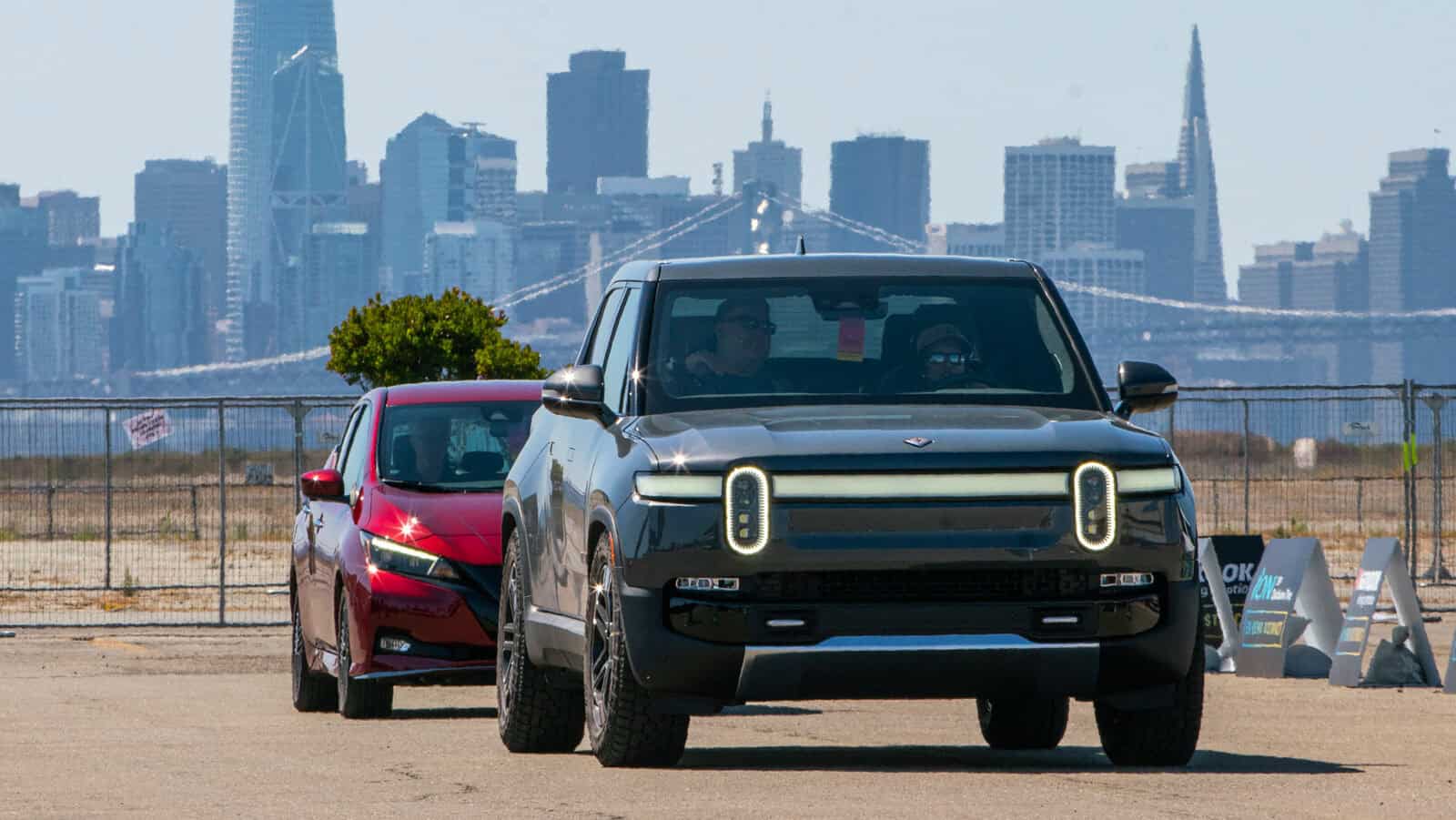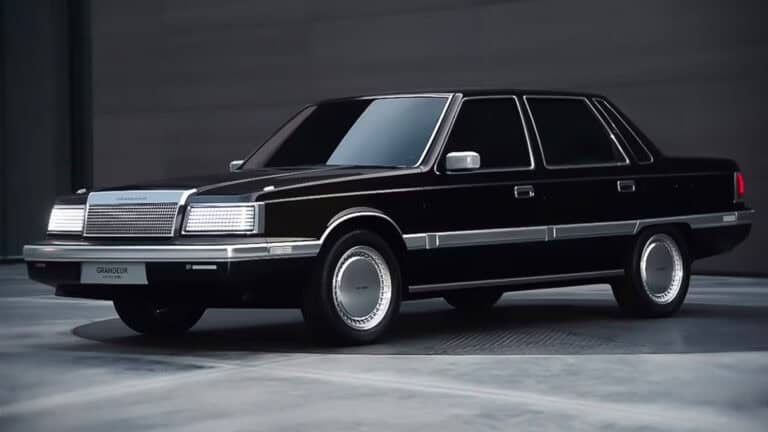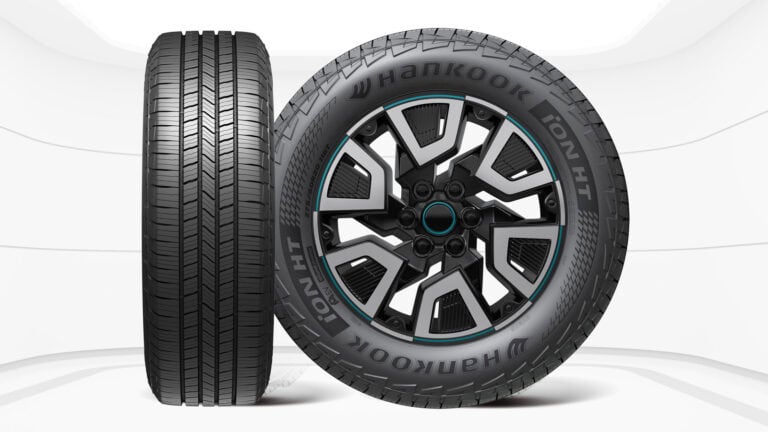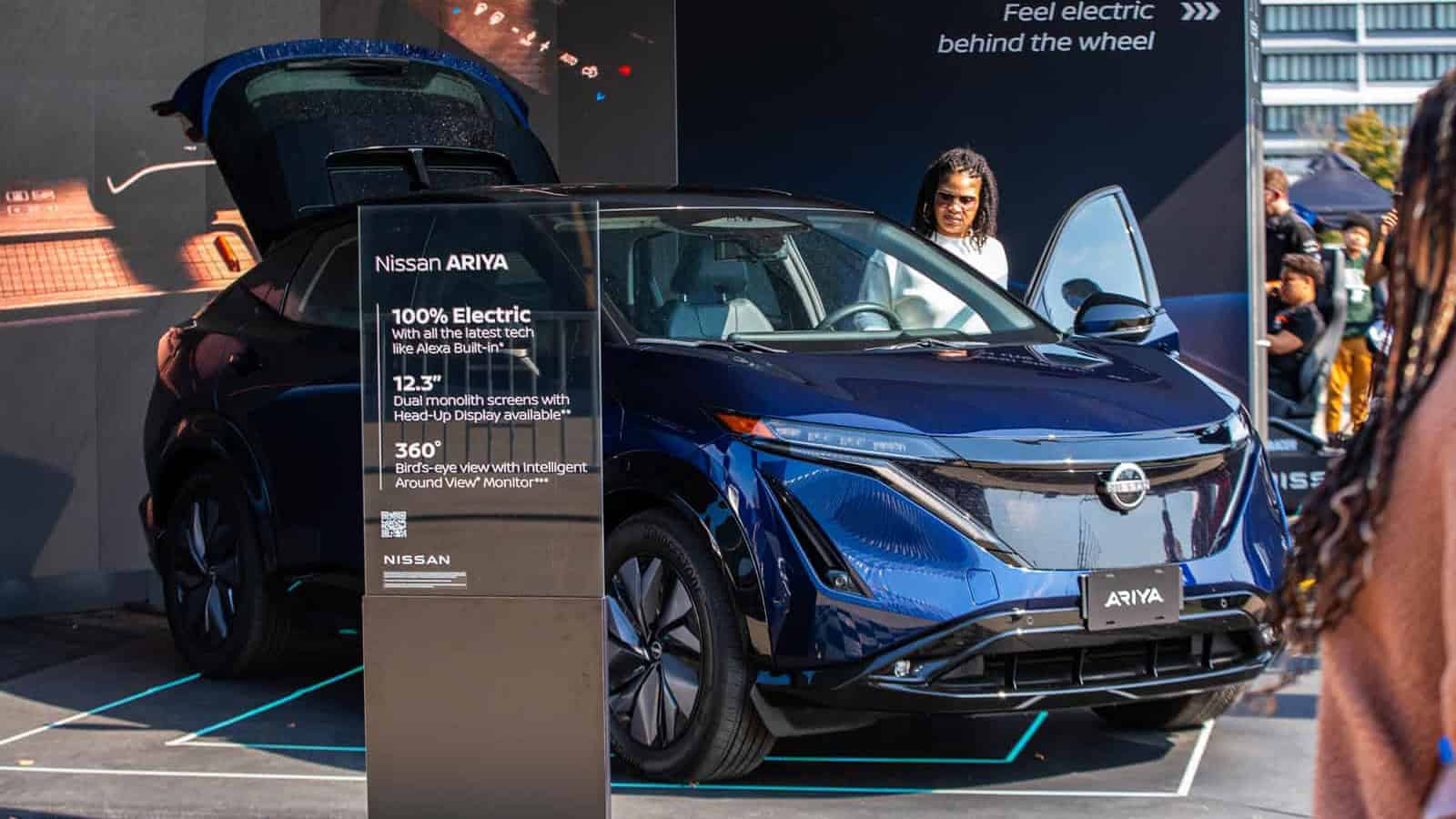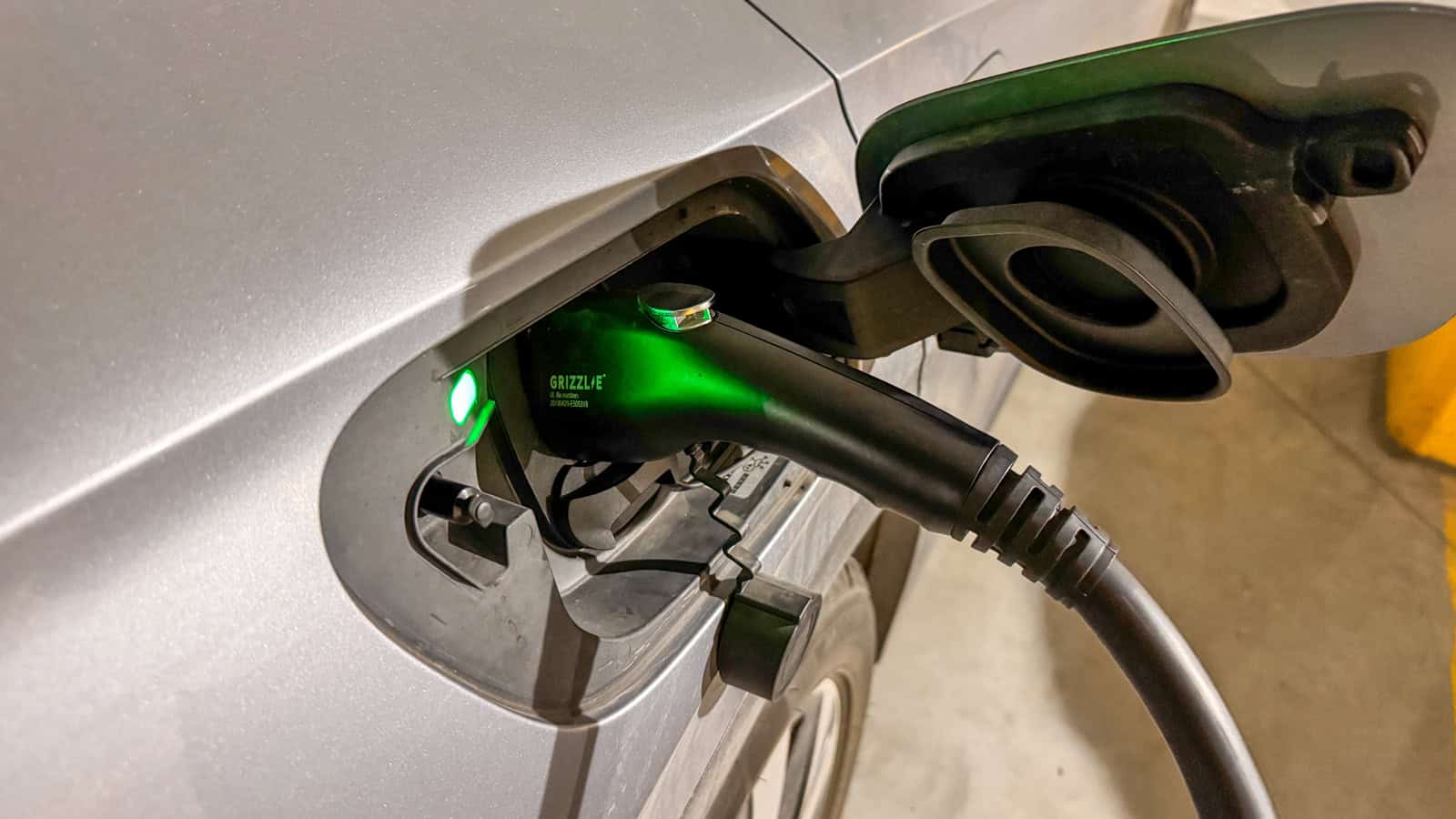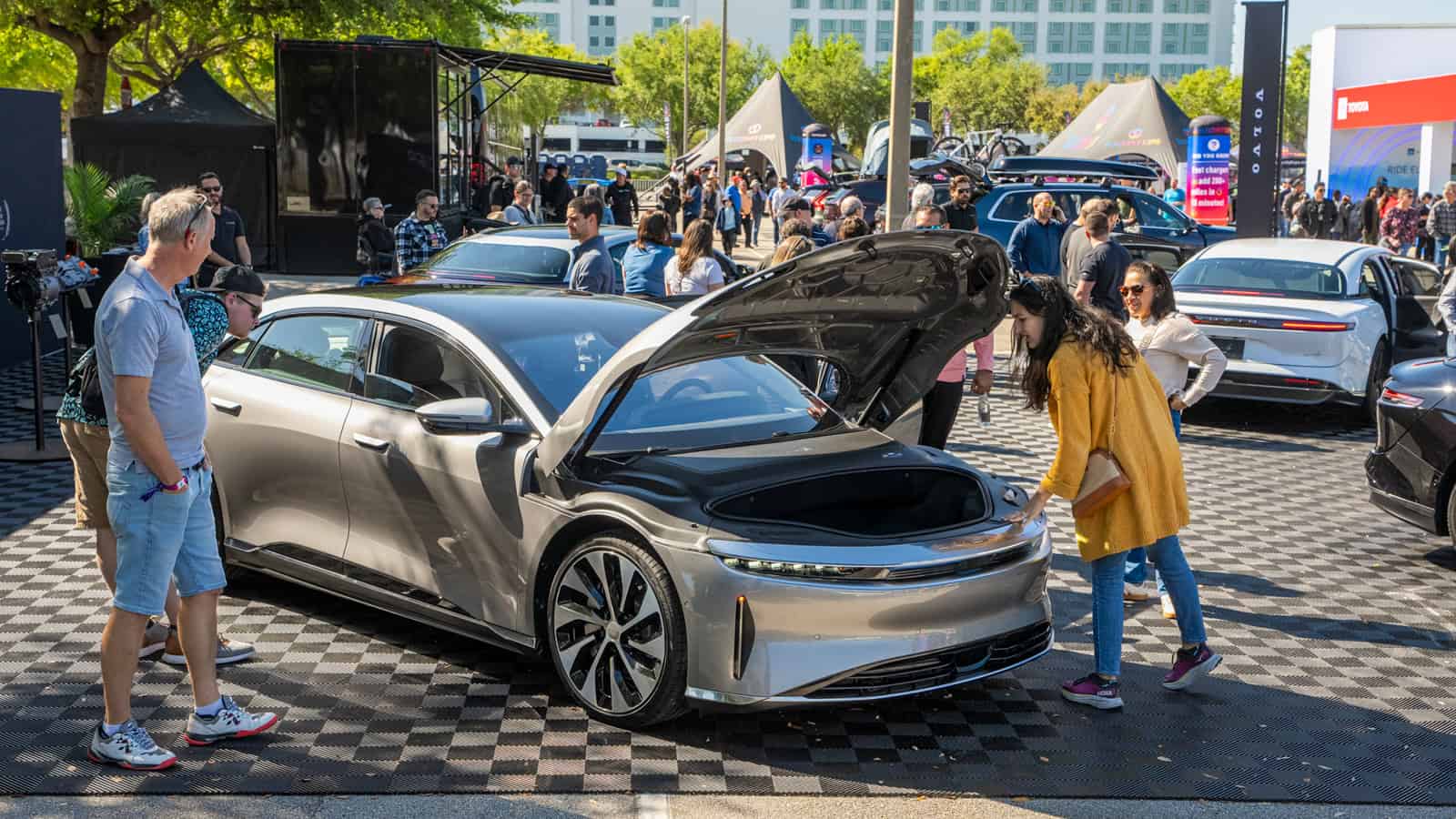- New Jersey residents can get up to $6,000 in electric car rebates through the Charge Up New Jersey program.
- Save up to $250 on a Level 2 home charger, with additional federal tax credits and utility incentives available.
- New Jersey will phase out the zero-emission vehicle tax exemption starting October 1, 2024, with taxes rising to 6.625% by July 2025.
Are you missing out on thousands in savings by not taking advantage of New Jersey’s electric vehicle incentives? If you’re a resident looking to go green, the NJ electric car rebate program offers up to $6,000 in rebates for new EV purchases, plus additional incentives for home chargers. But with new sales tax changes coming up, now is the time to act. Here’s how you can maximize your savings on an EV.
ADVERTISEMENT
Starting July 10, 2024, New Jersey residents can get a $2,000 rebate on eligible EV purchases or leases through the Charge Up New Jersey program. But it gets even better—if you’re from a low-to-moderate income household and meet specific income or public assistance criteria, you could save up to $4,000 with the Charge Up+ incentive. This program is designed to make EV ownership more affordable for everyone, not just those with higher incomes. After all, who wouldn’t want to save money, while helping the environment?
To qualify, you must be a New Jersey resident at the time of purchase and commit to staying in the state for at least two years after your vehicle transaction. Active-duty military members stationed in New Jersey also qualify, even if their permanent residency is in another state.
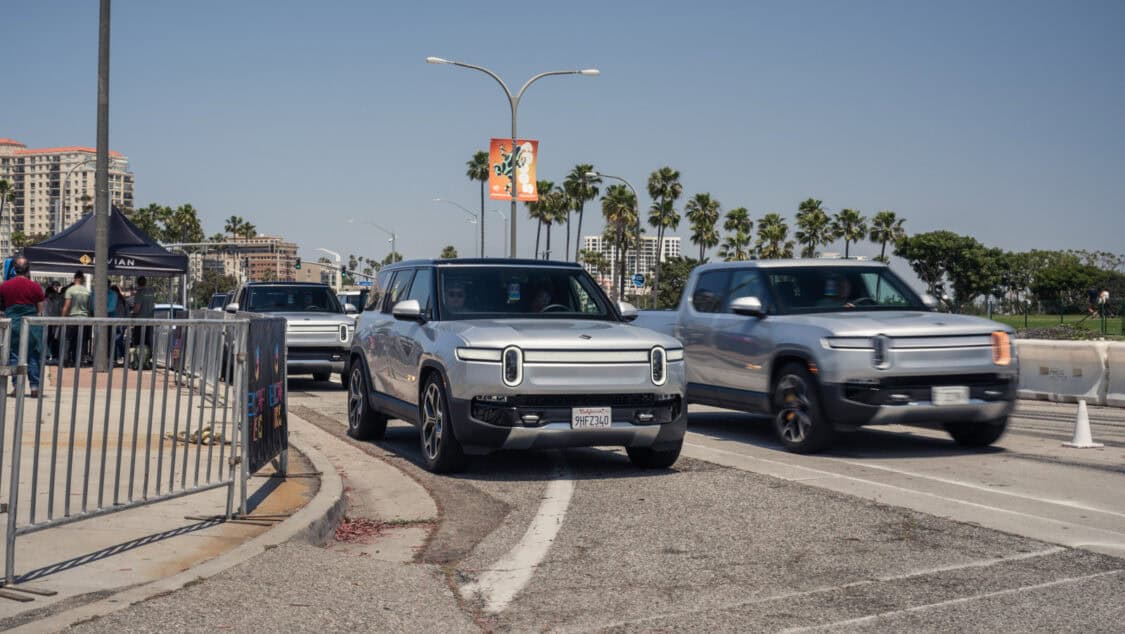
Just make sure you order your EV on or after the program’s launch date and that your dealer delivers it in-state—no online out-of-state shenanigans. The goal is simple: keep the benefits and the vehicles within New Jersey, supporting local dealers and reducing emissions where it matters.
But what if you’re already driving an electric vehicle? The incentives don’t stop at your car. If you live in New Jersey, you can get up to $250 off the installation of a Level 2 home charger through the EV Charger Incentive Program.
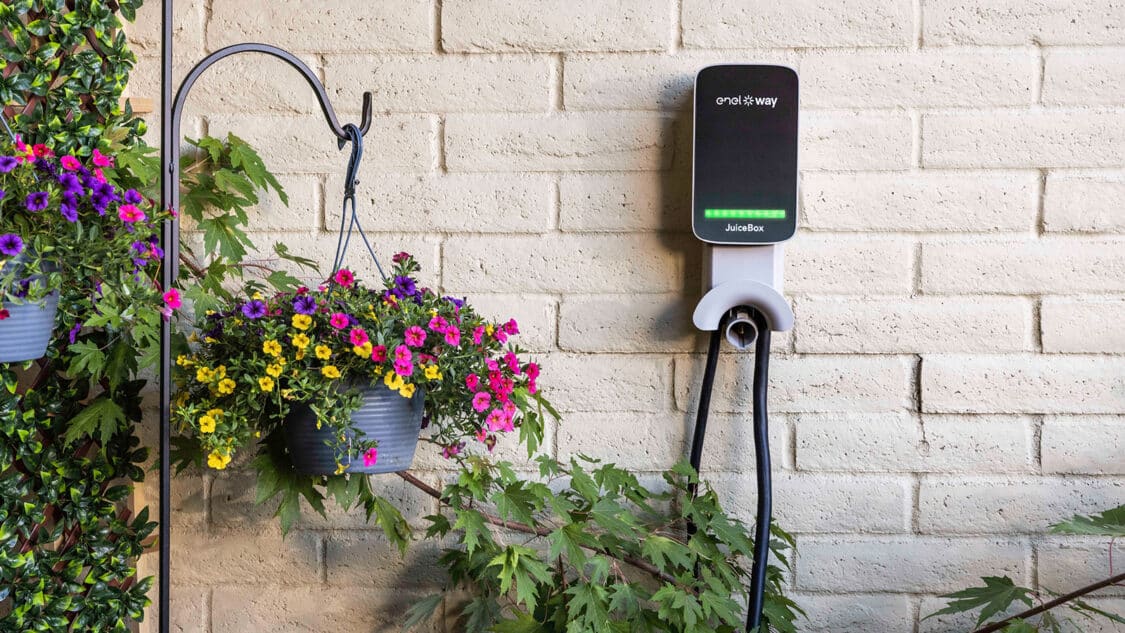
This is a big deal since home charging is often the most convenient and affordable way to keep your EV powered. Eligible chargers include models like the JuiceBox 40 and Grizzl-E Smart, which offer fast and reliable charging at home. You can also stack this rebate with a federal tax credit of up to $1,000, and some utility companies provide additional incentives for the “Make Ready” costs of setting up a dedicated charging circuit.
ADVERTISEMENT
With all these savings, it’s no wonder popular EVs like the Tesla Model 3, Ford Mustang Mach-E, Rivian R1S and the Nissan LEAF are flying off dealership lots. Thanks to recent federal changes, these vehicles may also qualify for instant tax credits at the point of sale, making it easier than ever to get behind the wheel of an EV without the headache of waiting for tax season.
But things aren’t perfect. The state’s decision to phase out the zero-emission vehicle (ZEV) tax exemption starting October 1, 2024, has left some residents rushing to complete their purchases. If you’re looking to buy, lease, or rent an EV, you’ll want to move quickly to avoid the new tax. It starts at 3.3125% and will reach the full 6.625% by July 1, 2025. This change means you’ll need to plan your budget more carefully, but the available electric car rebates can still help ease the cost.

The process is relatively straightforward. You don’t need to submit an application for the initial $2,000 rebate; simply visit a participating dealership, and the incentive will be applied at the point of sale. For the Charge Up+ program, however, prequalification is required. You’ll need to verify your income through your most recent tax filing or show proof of enrollment in specific public assistance programs like SNAP or Medicaid.
And don’t forget about the long-term commitment. If you’re planning to flip your EV for a quick profit, you might want to reconsider. The program requires you to keep your vehicle for at least 36 months, making sure these incentives go to people who genuinely want to embrace clean transportation—not just make some fast cash. This rule helps maintain the program’s positive impact and discourages those looking to take advantage of the system.
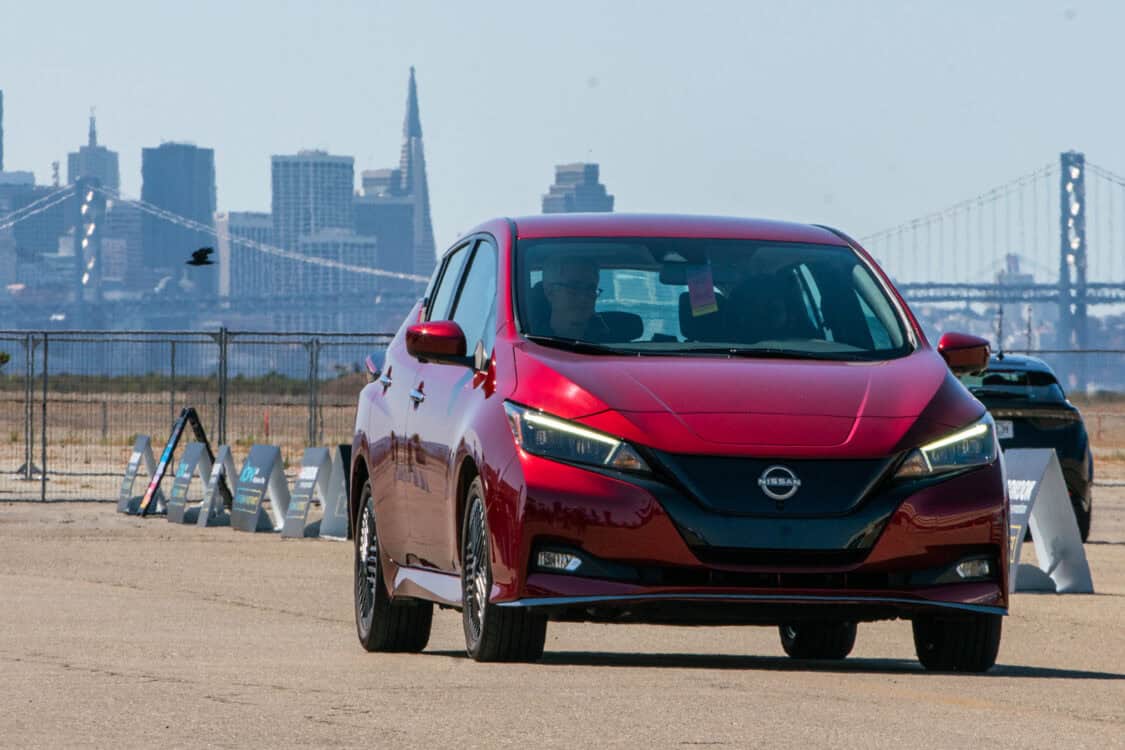
New Jersey is committed to making EVs more accessible for everyone—not just to lower emissions, but to offer real, practical benefits like reduced ownership costs and ease of use. Whether you’re a seasoned EV fan or just curious, the NJ electric car rebate and other incentives can make switching to an electric vehicle more affordable. Why wait? With a bit of planning and a few forms, you can drive an electric car that fits your lifestyle and your budget.
To learn more about eligibility and specific models that qualify, visit the New Jersey Alternative Fuels Data Center and New Jersey’s Clean Energy Program.
ADVERTISEMENT

IMAGES: ELECTRIFY EXPO
FTC: We use income-earning auto affiliate links. Learn more.


